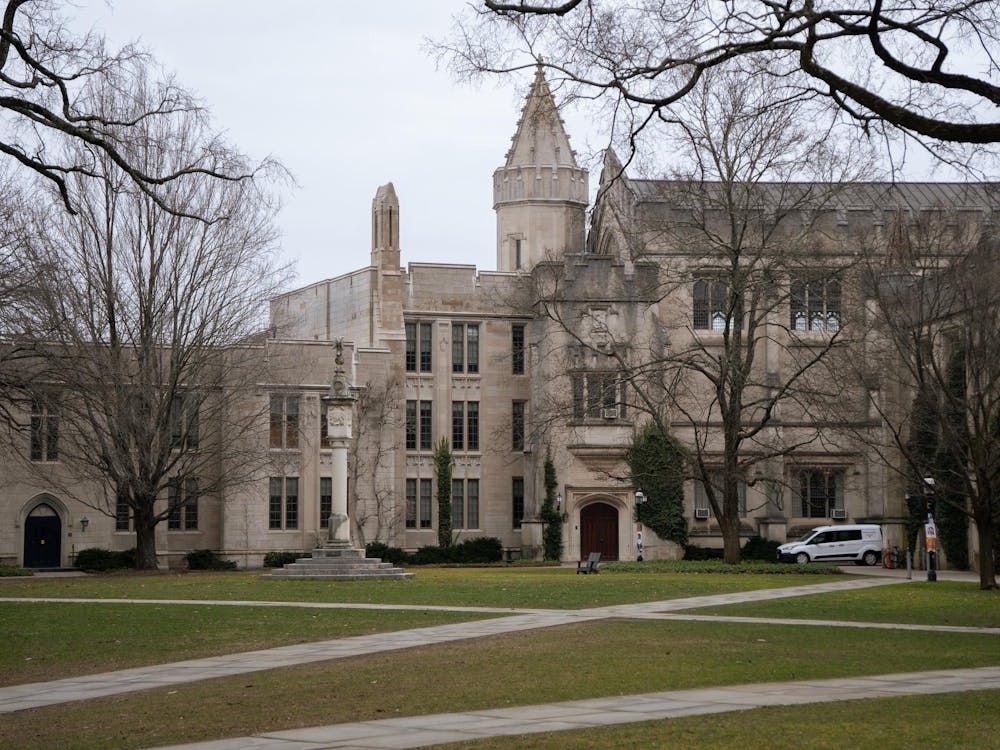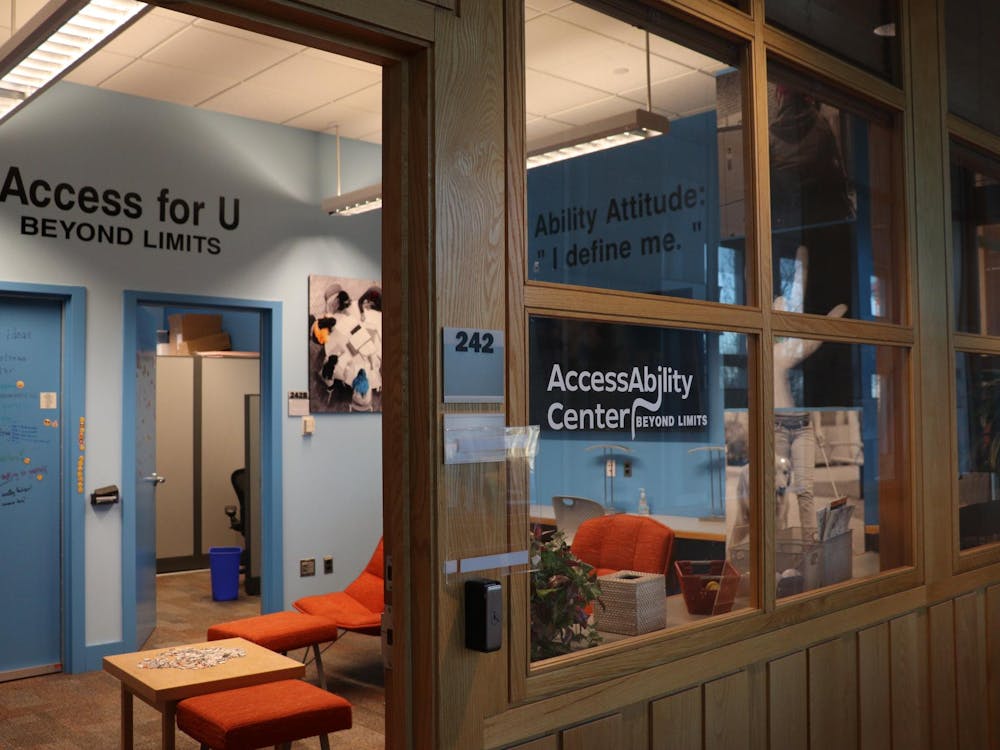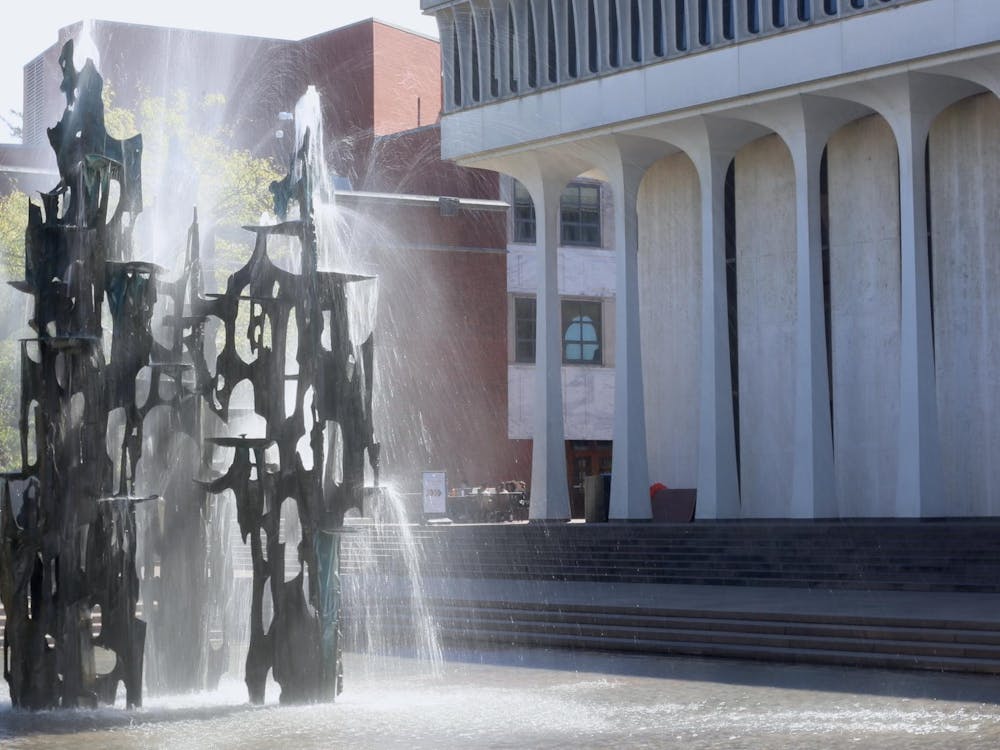 Sudan and South Sudan are unlikely to go to war again, but the situation in South Sudan has significantly worsened in recent months due to the onset of civil war, Princeton Lyman said in a lecture Thursday evening. Lyman is former ambassador to Nigeria and South Africa, former special envoy for Sudan and South Sudan, and current senior advisor to the United States Institute of Peace.
Sudan and South Sudan are unlikely to go to war again, but the situation in South Sudan has significantly worsened in recent months due to the onset of civil war, Princeton Lyman said in a lecture Thursday evening. Lyman is former ambassador to Nigeria and South Africa, former special envoy for Sudan and South Sudan, and current senior advisor to the United States Institute of Peace.
Lyman said that the United States has been heavily invested in the peace process in the region from the beginning of its development into separate nations. Sudan and South Sudan signed accords in 2005 that led to South Sudan’s electing to secede from Sudan in 2011, and Lyman explained that this was a largely peaceful transition.
Sudan is predominantly Muslim, while South Sudanese people primarily practice Christianity as well as local and regional religions.
However, Lyman explained that the ongoing civil war in South Sudan is evidence that South Sudan has collapsed. He noted that the country faces many long-term issues, including a literacy rate of 15 percent and an absence of mechanisms and precedents for a peaceful transition of power.According to the CIA World Factbook, the literacy rate of South Sudan is 27 percent.
Other results of the civil war include rampant human rights violations and the suppression of the activity of journalists and human rights workers, Lyman said. He noted that 40 percent of the population relies on the international community for food and added that the United States alone has spent upwards of $12 billion on aid to the country over the past eight or nine years. This sum includes money for health, education and workforce training.
Lyman explained that three constituencies in the United States helped raise awareness of the conflict in Sudan: evangelical Christian groups, the Congressional Black Caucus and people concerned about the genocide in Darfur. He explained that evangelical Christians saw the imposition of Islamic law on the largely Christian population as religious discrimination that needed to be fought.
He added that the Congressional Black Caucus was concerned about reports of South Sudanese citizens being sold as slaves and that people who were concerned about the genocide in Darfur viewed creating a South Sudanese nation as an allied cause.
“Over twenty years, a strong body of American opinion, American activists, American NGOs, congresspeople have gotten close to the leaders of South Sudan. They’ve traveled with them; they’ve advocated for them,” Lyman said. “Sudan, [Sudanese president] Bashir … they were the enemies, and South Sudan, these were the good guys.” However, Lyman added that Western sympathy for South Sudan sometimes leads Western observers to view the crimes committed by Sudanese forces as worse than the crimes committed by South Sudanese forces.
Lyman said the immediate cause of the war was a disagreement between President Salva Kiir and former vice president Riek Machar. Kiir had become concerned that top members of his party were planning to destabilize him.
“If you don’t give Riek Machar a pathway to the presidency, there’s going to be trouble,” Lyman said. “And if you do give him a pathway to the presidency, there’s going to be trouble … You create a president and a prime minister, you do something. But you don’t let the thing evolve into a major crisis.”
Lyman spoke at 4:30 p.m. at Robertson Bowl 016 in a lecture titled “Successes and Failures: What Can We Learn from the Sudan-South Sudan Peace Process?”










